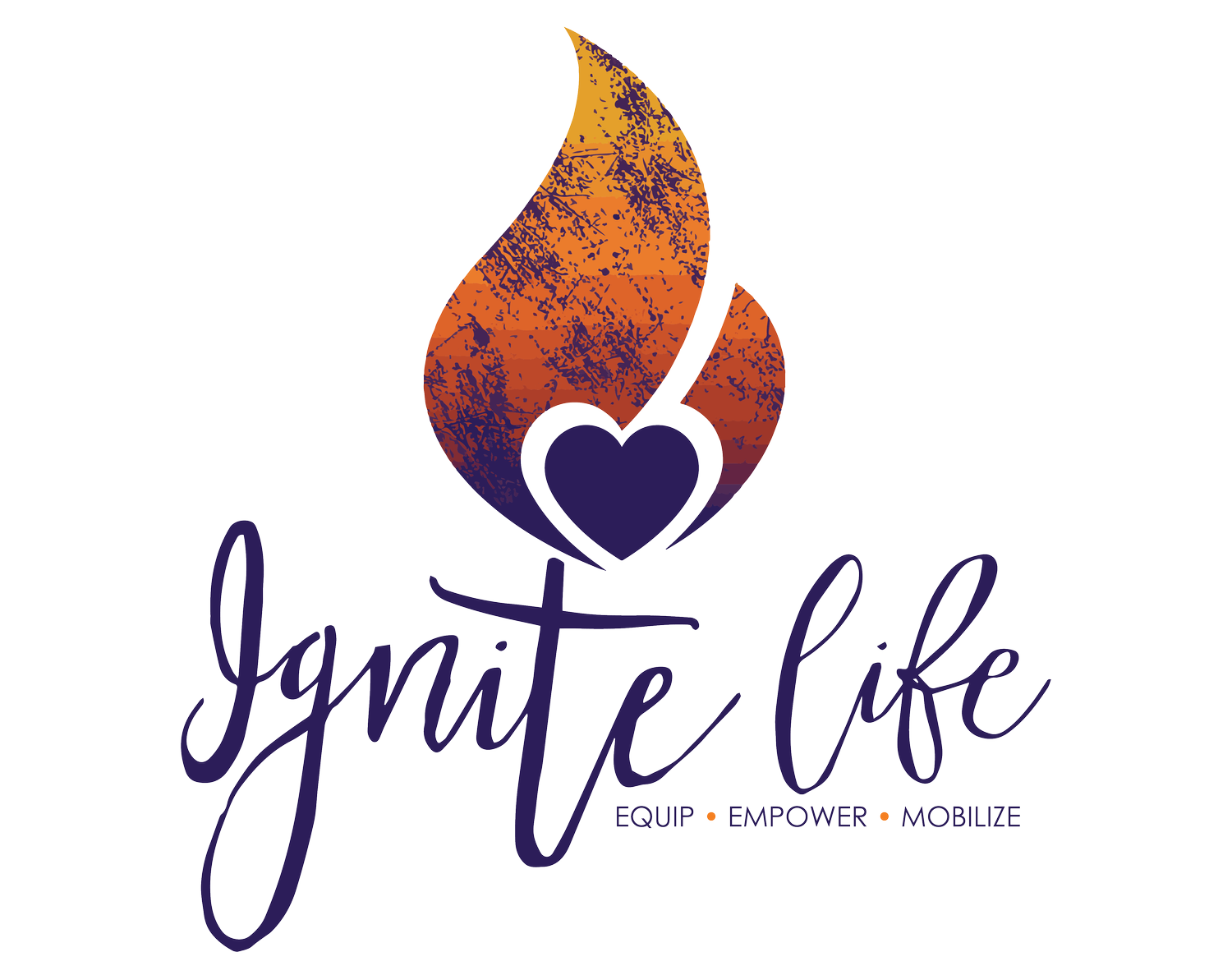Practicing the Necessary Art of Celebration and Praise
“Even tho… I will never stop praising you! (Psalm 71: 14) “I will praise you more and more…”
The great Jewish rabbi, Abraham Joshua Heschel, observed shortly before his death of the American culture surrounding him,
“People of our time are losing the power of celebration. Instead of celebrating we seek to be amused or entertained. Celebration is an active state, an act of expressing reverence or appreciation.”
Praising God is an act of celebration whereby we express our reverence and appreciation to Him, our Creator, Sustainer. The expression of praise—whether individually and in the privacy of our bedroom or collectively in the church sanctuary—includes active engagement of our minds and bodies. To give praise to God using our minds involves the reassertion of our Creator’s central place as ruler of the universe and as the provider and sustainer of all that is good. The habit of worshipful praise reasserts for us what is of central significance—the Sovereign Father God and His Son, the redeemer, Jesus Christ.
Of course, our mental assertions of praise to God, our celebration of His power, provision, and presence must employ words—sometimes silently and sometimes aloud, sometimes very loud shouts (Psalm 95:1)! Some of our praise needs to be shouted from the rooftops; some can be whispered in the forests.
Our celebratory praise to God can be—sometimes should be—accompanied by movement and the lifting of hands (Psalm 141:2), dancing (Psalm 149:2), bowing and kneeling (Psalm 95:6). In many ways, our worship of the Lord should be a mental, physical and celebratory workout!
In addition, praising God faithfully and passionately is also not necessarily tied to any particular mood. The lamenting Jeremiah is certainly not a “joy-boy” when he “calls to mind” a central assertion of Judeo-Christian praise:
“It is because of the Lord’s great love that we are not consumed, for his compassions never fail. They are new every morning; great is your faithfulness”
Lamentations 3:17-23 NIV
It even might help to think of worshipful praise as a central part of our duty as humans, our responsibility, even our “work.”
And sometimes, celebratory praise is conducted without a smile. It could be said that at least one-third of the psalms are complaints (Psalm 64:1). But, and here’s the key, the complaints are given, directed to the God of the Universe, who listens because He loves us!
Humans are inherently worshippers, in the unavoidable habit of praising what they assess as necessary and irreplaceable in life. As Martin Luther in the 16th century observed, we all have “gods”—that around which “we entwine our hearts”—it’s just a matter of which one. The central through-line of the Bible is to make sure its readers understand the importance of our worshiping thoughts, words, and movements being directed to the true God, not idols.
Again, as Abraham Joshua Heschel helps us re-think the necessity of celebration: praise to the Lord is the most important celebration, the most regular expression of reverence and appreciation, regardless of mood, regardless of circumstances!
Paul D. Patton, Ph.D., is a professor of communication and theater at Spring Arbor University in Michigan. He has graduate degrees in Guidance and Counseling, Religious Education, and Script and Screenwriting, and a doctorate in Communication with an emphasis in theater arts. He has been married to his wife Beth for over forty years and has three daughters (all actresses)—Jessica, Emily, and Grace, three sons-in-law, David, Joe, and Eric, and four grandsons, Caleb Rock, Logan Justice, Micah Blaze, and Miles Dean.



